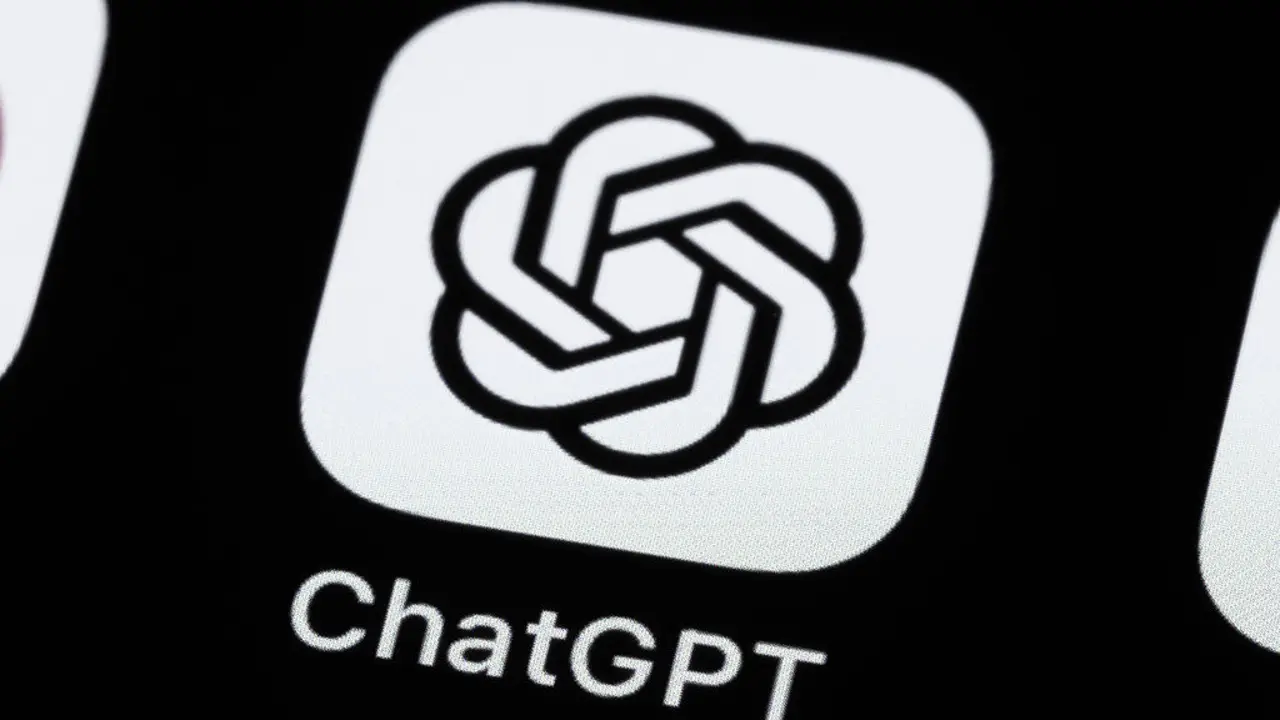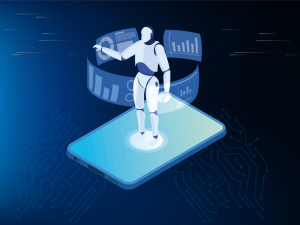In a surprising revelation, OpenAI CEO Sam Altman recently shared that the simple act of users saying “please” and “thank you” to ChatGPT is costing the company tens of millions of dollars annually. While it may sound like an exaggeration at first glance, Altman explained the intricate reasons behind this unexpected financial drain.
ChatGPT, a language model designed to generate human-like text responses, interprets polite phrases as cues for providing more detailed and thorough answers. Every additional second spent generating these responses means more computational resources and higher energy consumption. Given the platform’s immense popularity—with millions of interactions daily—this polite behavior significantly accumulates costs.
Behind the Costs: Computational Overheads
To understand why politeness has become expensive, one must delve deeper into how AI language models operate. Each interaction with ChatGPT triggers complex computations across massive neural networks. Simple interactions are relatively inexpensive, but when politeness signals a need for expansive explanations, the computational load multiplies. Longer responses require greater computing power, translating directly into higher electricity consumption and increased operational costs.
Although the individual impact per interaction might seem negligible, when scaled to OpenAI’s global user base, the cumulative effect becomes substantial. Altman’s candid acknowledgment highlights a peculiar yet intriguing aspect of human-computer interaction: human kindness has real-world financial consequences in the digital age.
The Broader Implications
This phenomenon underscores a broader challenge within the AI industry. As companies strive to make AI increasingly sophisticated and human-like, they face escalating operational expenses. Balancing quality interaction with sustainable costs becomes crucial as AI models like ChatGPT become ubiquitous in everyday life.
Moreover, this situation presents a fascinating dilemma—should AI developers train future iterations to disregard politeness, risking diminished user experience, or continue absorbing higher costs for enhanced interaction quality? Altman’s stance was clear: despite the financial burden, he views these expenses as justified, emphasizing that maintaining a human-friendly interaction is a worthy investment.
Ascend Education’s Take
From Ascend Education’s perspective, this revelation about politeness-induced costs at OpenAI illustrates a critical juncture for AI development. It highlights the pressing need for optimization in AI systems, balancing human-friendly interactions with energy efficiency and computational management.
Ascend Education believes that as AI becomes deeply integrated into everyday interactions, businesses and developers will face increased pressure to innovate sustainably. Techniques like adaptive response length based on context or smarter neural network optimization might help mitigate such issues in the future.
Ultimately, this insight reinforces the necessity for those in AI and IT sectors to continually evolve their skills. Understanding the nuances of AI operations and sustainable practices will soon become fundamental competencies for tech professionals.





